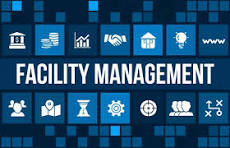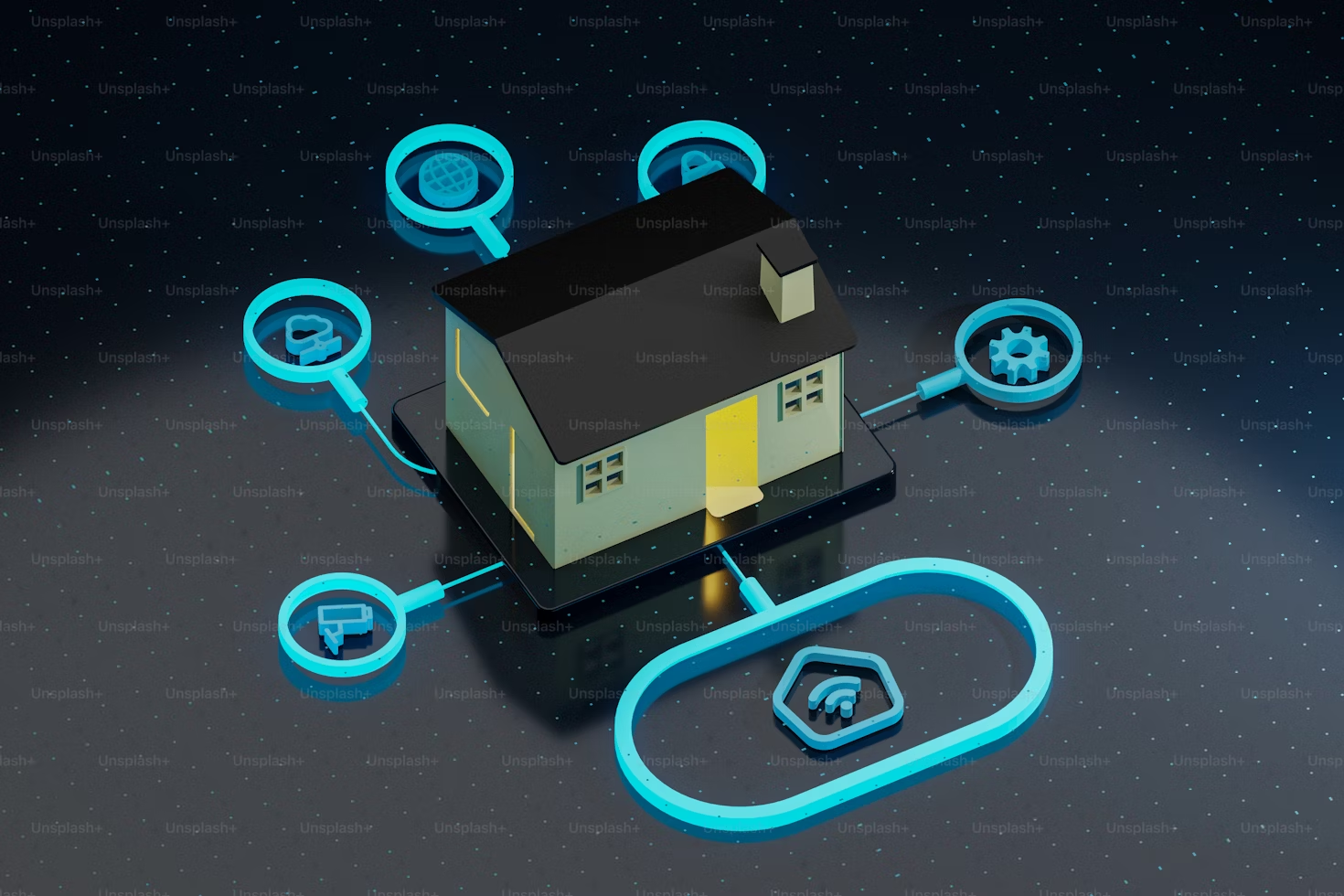In-depth knowledge of Service Charge in Real Estate and Facility management

In the realm of real estate and facility management, service charges play a crucial role in ensuring the smooth operation and maintenance of properties. Service charge is a common practice that involves the collection of funds from tenants or occupants to cover the costs associated with managing and maintaining shared areas and amenities. This article aims to provide a comprehensive guide to understanding service charges in real estate and facility management, shedding light on their purpose, components, benefits, and challenges.
What is Service Charge In Real Estate Facility Management?
Service charge refers to the fees collected from occupants of a property to cover the costs of managing and maintaining the shared spaces and facilities within that property. These charges are typically levied in properties such as residential complexes, commercial buildings, shopping centers, and gated communities. The purpose of service charges is to ensure the upkeep, functionality, and enhancement of the property, providing a pleasant and well-maintained environment for occupants.
Components of Service Charges
Service charges may vary depending on the property type and the services provided. The components typically include:
· Maintenance and Repairs: This covers the costs of regular maintenance, repairs, and replacements of building systems, equipment, and common areas.
· Cleaning and Housekeeping: These charges encompass the costs associated with the cleaning and upkeep of shared spaces, including lobbies, hallways, elevators, and restrooms.
· Security Services: Service charges may include expenses related to security personnel, surveillance systems, access control, and other security measures.
· Utilities: Charges for utilities such as water, electricity, lift and escalators, gas, and waste disposal are often included to cover the shared usage of these resources.
· Landscaping and Grounds Maintenance: This component covers the maintenance and beautification of outdoor areas, gardens, swimming pool, gym house, playground, parking lots, and landscaping features.
Benefits of Service ChargeService charges in real estate and facility management offer several benefits to both property owners and occupants. They provide a fair and equitable means of financing the management and maintenance of shared areas and facilities within a property. They enable professional management, enhanced amenities, preservation of property value, access to expertise, cost savings, financial transparency, streamlined operations, and efficient risk management. By leveraging service charges effectively, both property owners and occupants can benefit from a well-maintained, efficiently managed, and desirable property. Let’s explore some of the key advantages:
1. Fair Distribution of Costs: Service charges ensure a fair distribution of costs among all occupants of a property. By pooling funds from multiple occupants, the financial burden of maintaining and managing shared areas and facilities is shared, preventing any one party from shouldering the entire expense. This promotes fairness and avoids potential conflicts over financial responsibilities.
2. Professional Management: Service charges allow property owners to hire professional facility management companies to handle the day-to-day operations, maintenance, and upkeep of the property. These companies have the expertise, experience, and resources to efficiently manage the property, ensuring that it is well-maintained, compliant with regulations, and running smoothly. Professional management helps enhance the overall value and desirability of the property.
3. Enhanced Amenities and Services: Service charges contribute to the provision of high-quality amenities and services within a property. These may include security personnel, CCTV surveillance, access control systems, maintenance of common areas, landscaping, cleaning services, waste management, and more. Access to well-maintained facilities and amenities improves the overall experience for occupants, making the property more attractive and competitive in the market.
4. Property Value Preservation: Regular maintenance and management funded by service charges help preserve the value of the property over time. By ensuring that the property is well-maintained, functional, and visually appealing, service charges contribute to its long-term appreciation. This is especially important for properties intended for resale or for attracting and retaining quality tenants.
5. Expertise and Efficiency: Facility management companies hired through service charges bring professional expertise to the property. They have a deep understanding of best practices, regulations, and industry standards in facility management. Their experience allows for efficient management, streamlined processes, and effective problem-solving. This expertise ensures that the property operates optimally, minimizing disruptions and maximizing occupant satisfaction.
6. Cost Savings through Bulk Purchasing: Service charges enable facility management companies to negotiate better deals and discounts for various services and supplies required for the property. By leveraging economies of scale, they can secure cost savings through bulk purchasing of items like cleaning supplies, maintenance equipment, and contracted services. These savings can be passed on to the property owners and occupants, helping to manage costs effectively.
7. Professional Financial Management: Service charges involve proper financial management and transparency. Facility management companies are responsible for budgeting, financial reporting, and providing clear documentation of how the service charge funds are allocated and utilized. This level of financial professionalism ensures accountability, transparency, and trust among occupants.
8. Streamlined Operations and Risk Management: Service charges allow facility management companies to implement standardized procedures, best practices, and efficient systems for property operations. They establish protocols for routine maintenance, repairs, and emergency response, minimizing downtime and optimizing occupant safety. Through proactive risk management, potential hazards and risks can be identified and mitigated promptly, ensuring a safe environment for all occupants.
Challenges of Service Charges in Real Estate Facility Management
While service charges offer various benefits, there are also challenges associated with their implementation and management in the real estate sector in Nigeria. Let’s explore some of these challenges.
1. Lack of Transparency: One of the main challenges is the lack of transparency in service charge allocation and utilization. Some property owners or facility management companies may not provide clear and detailed information on how the service charge funds are being utilized. This can lead to skepticism and distrust among occupants, potentially resulting in conflicts and disputes.
2. Disputes over Charges: Disputes may arise when occupants feel that the service charges are unjustified or excessive. Differences in opinion regarding the scope of services covered by the charges, the calculation methodology, or the reasonableness of the expenses can lead to disagreements between property owners, facility management companies, and occupants.
3. Financial Mismanagement: In some cases, there may be instances of financial mismanagement or mishandling of service charge funds. This can occur when there is a lack of proper financial controls or when funds are not used for their intended purpose. Such mismanagement can undermine trust, jeopardize the proper maintenance of the property, and lead to legal or regulatory consequences.
4. Inadequate Service Delivery: Insufficient or subpar service delivery is another challenge in some instances. This can occur when the facility management company does not fulfill its obligations or fails to meet the expected standards of maintenance and service provision. Occupants may feel dissatisfied with the quality of services provided in relation to the amount of service charges paid.
5. Cost Overruns: In certain cases, there may be cost overruns, where the actual expenses exceed the initially projected budget. This can be due to unexpected repairs, increases in utility costs, or other unforeseen factors. Cost overruns can put pressure on the financial sustainability of the property and may result in the need for additional funding or adjustment of service charges.
6. Occupant Non-Compliance: Another challenge is the issue of occupant non-compliance with payment of service charges. Some occupants may delay or refuse to pay their service charges, leading to financial strains on the property’s management and potentially impacting the quality of services provided.
7. Legislative, Regulatory Framework and Documentation: The absence of comprehensive, practicable, and standardized Service Level Agreement (SLA) and legislation governing service charges in Nigeria can present challenges. The lack of clear guidelines and regulations can lead to inconsistencies in the calculation and collection of service charges, making it difficult to establish uniform practices across different properties.Addressing these challenges requires proactive measures and effective management strategies. Open communication, transparency in financial reporting, clear agreements and contracts, proper oversight, and adherence to industry best practices can help mitigate the challenges associated with service charges in real estate in Nigeria. It is essential for property owners, facility management companies, and occupants to work collaboratively to ensure fair and transparent management of service charges, ultimately enhancing the overall value and functionality of the properties. Improving service charge collection in Nigeria requires a proactive approach and effective strategies.
Here are some recommendations to enhance service charge collection process:
1. Clear Communication: Establish clear and transparent communication channels with occupants to explain the purpose, benefits, and breakdown of service charges. Provide detailed information on the services covered, the costs involved, and the importance of timely payment. Ensure that occupants are aware of their responsibilities and the consequences of non-compliance.
2. Educate Occupants: Conduct regular educational sessions or workshops to help occupants understand the importance of service charges and the value they bring in maintaining and enhancing the property. Provide clarity on the benefits and services they receive in return for their contributions.
3. Proper Documentation: Maintain accurate and detailed records of service charge invoices, receipts, and financial statements. Clear documentation will provide occupants with confidence in the collection process and enable transparency in financial reporting.
4. Multiple Payment Options: Offer convenient payment methods to accommodate the preferences of occupants. Provide various payment options, including online platforms, bank transfers, direct debit, or mobile payment systems. This will make the payment process more accessible and convenient for occupants.
5. Early Communication: Initiate timely communication with occupants before service charge deadlines, reminding them of the upcoming payment due dates. Send out regular notifications and reminders to keep occupants informed and encourage timely payments.
6. Regular Financial Reporting: Provide regular and transparent financial reports to occupants, demonstrating how the service charge funds have been allocated and utilized. Clearly explain how the collected funds have contributed to the maintenance and improvement of the property.
7. Efficient Collection Process: Streamline the collection process by implementing efficient systems and processes. Ensure that invoices are sent promptly and accurately, and that reminders are sent for overdue payments. Implement automated reminders and payment systems to reduce administrative burdens and improve efficiency.
8. Enforce Payment Policies: Establish and enforce clear payment policies to deal with late or non-payment cases. Clearly communicate the consequences of non-compliance and follow through with appropriate actions when necessary. This may include imposing late payment fees, issuing reminders or warnings, or taking legal measures when required.
9. Establish Trust and Rapport: Foster a positive relationship with occupants based on trust and transparency. Engage with occupants regularly, address their concerns promptly, and maintain open lines of communication. Building trust and rapport can lead to improved compliance with service charge payments.
10. Professional Property Management: Engage the services of professional facility management companies like Starzij Realtors who have expertise in property management and service charge collection. Their experience, systems, and knowledge of best practices can contribute to effective service charge collection.By implementing these strategies, property owners and facility management companies can improve service charge collection rates in Nigeria, ensuring a fair and sustainable funding model for maintaining and enhancing properties.




